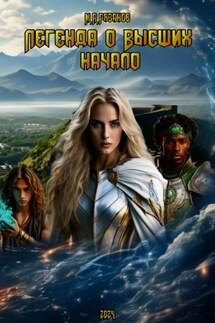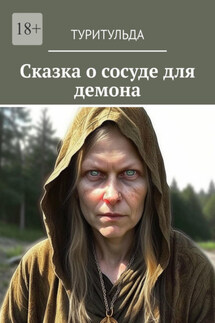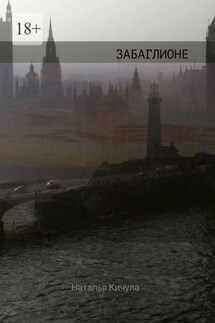Khon Yush. Way From the Ob - страница 6
Soon, the women not only boiled tea, but also made soup from the fish given by old people who were still standing on the shore, straightening nets for new fishing. The guards put large pieces of boiled fish in aluminum bowls, and sent it to their mouth with pleasure. The soup went to the kulaks. They had hot food for the first time in many days. Having counted all the people, women handed everyone a piece of boiled pike. One of the women came up to the Tatar and brought her a mug full of soup:
«Drink soup, eat fish, girl. Eat yourself and feed the baby, so that the baby is born strong.»
The young woman took a mug with a hot soup, made a sip and gratefully looked into the kind eyes of her fellow traveler. Many times during cold September nights on a barge, when the girl seemed that her breath would stop from the Ob cold night fog, this thin woman hugged her and warmed her stiff fingers with her breath to help her fight for life and for her child.
But before the pregnant woman started eating, her contractions began. After some time, the fading yellow leaves of the birch under the woman in labor startled as they heard the last breath of a dying woman. A little later, they heard a weak squeak of a newborn. Confused women stood near the young girl who had faded away at the beginning of her motherhood. Someone automatically took a cooled kettle, and began to wash the child. The orphaned baby was wrapped in rags left after the dead mother.
«What shall we do with the baby?» Exclaimed the woman who helped to give birth. «It'll die!»
«She couldn't even put it on her chest. She gave her last strength to give birth to this child. What shall we do with a baby in a deep forest, without breast milk?»
The confused guards jumped from the grass, shrugging their shoulders in bewilderment.
«Give the child to kulaks, and let them mess around. If it dies, so be it. We have nothing to do with this! This child is not on our lists» said the senior guard.
«After all, it was born alive. You can't bury it with his mother. It will suffer without milk,» said the second, dark-haired young guy, looking at the woman who had passed away in labor. Pulled out of the warm maternal house, he still could not get used to his new life. He saw many deaths along the long road, the grief of the settlers, and he was almost used to it. The endless tragedy raging across the earth touched the kind guard to the very heart, but he couldn't help anyone – he had no right to do so.
«Right. Why do we care?» their chief replied angrily.
«It's unaccounted. Maybe they won't ask about it. Let's give the baby to the old people that brought the fish,» one of the subordinates said quietly, as if convincing. They did not talk for a while. The chief was in a hopeless situation: he couldn't kill the child, and he was not devoid of human feelings. He had his own children waiting for him at home. He was tired of guarding innocent people who, overwhelmed by the grief in the loss of their home, did not even resist, as they were afraid to incur greater trouble. Soon a disgruntled shout was heard.
«Hey, Khanty people! Where are you? Still here?» they called the old people.
Husband and wife stood at the boat, bewildered. From the side of the river which had seen a lot as it quickly carried its waters, they looked at the unfolding tragedy.






